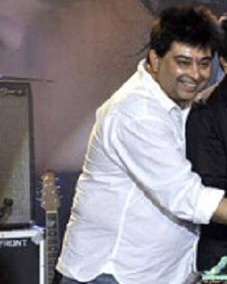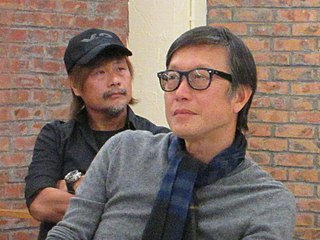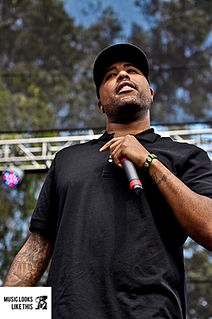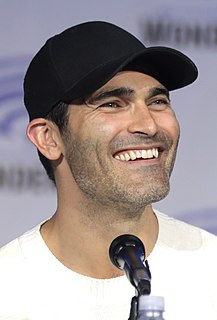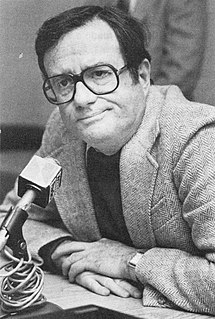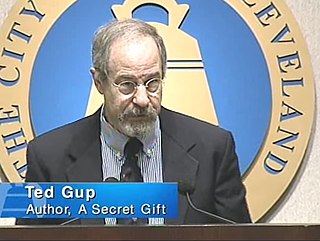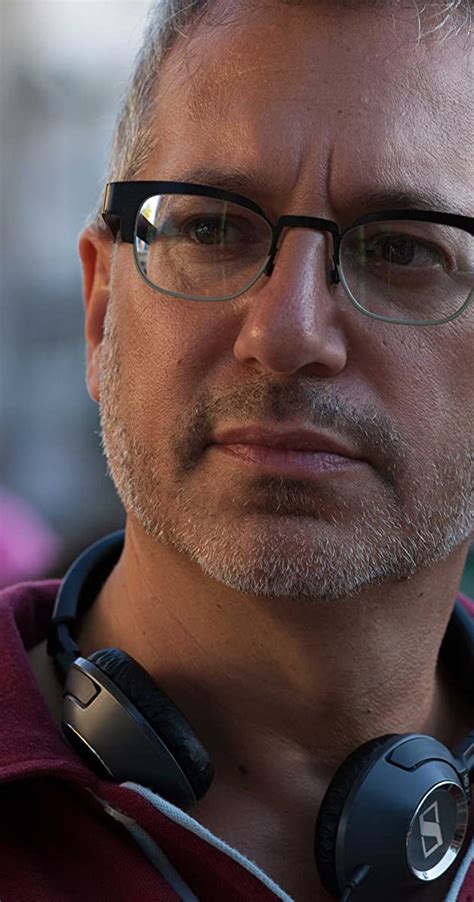A Quote by Ryuichi Sakamoto
I want to capture the mood I have now, post-cancer, in my music.
Related Quotes
I honestly think the impulse is to grab something and capture it, and not capture a moment that you want to remember, but just capture an image that you want other people to see right away. It's about how someone is going to "like" this and it's no longer an experience. It's just this constant sharing of images. I personally don't like that very much.

